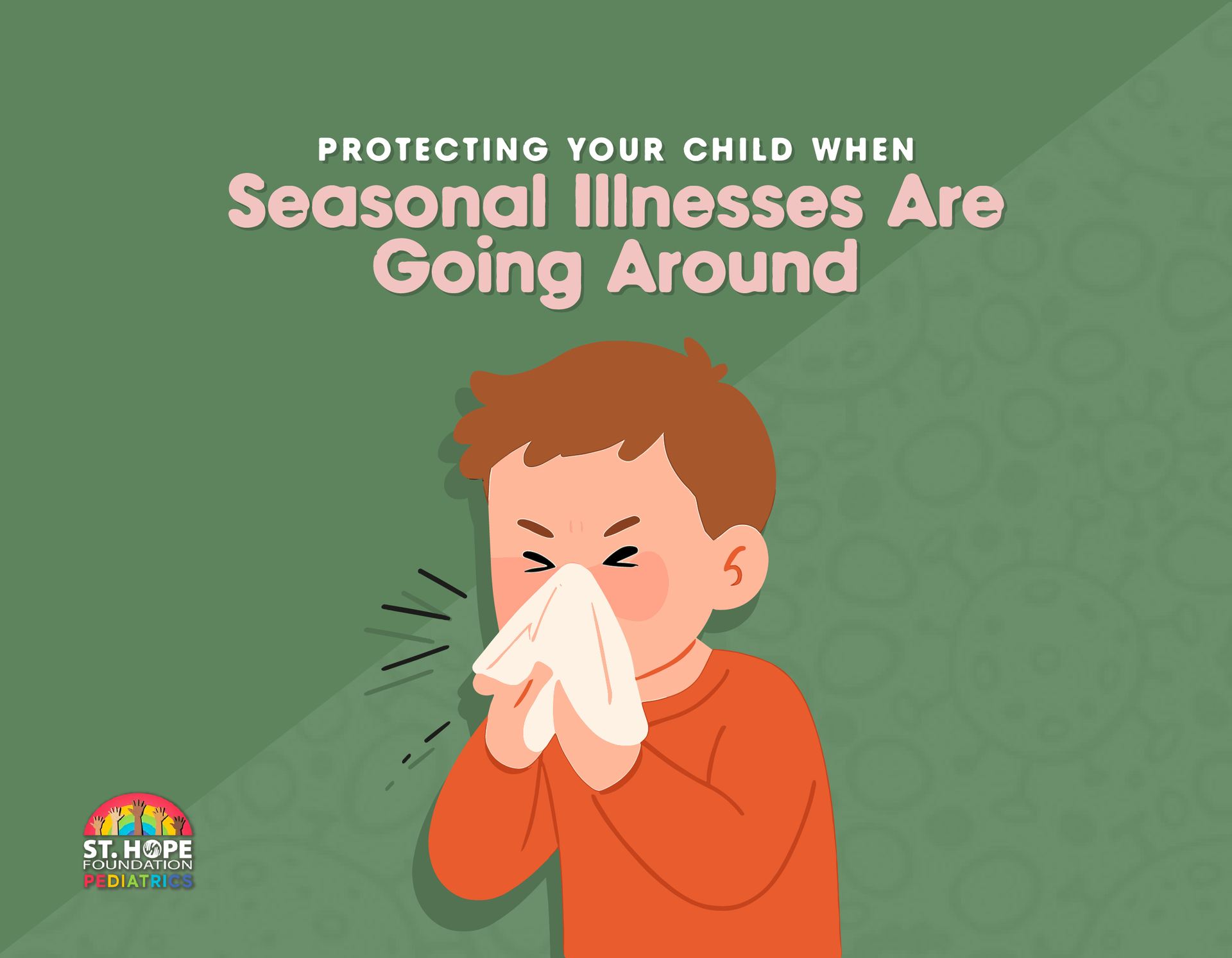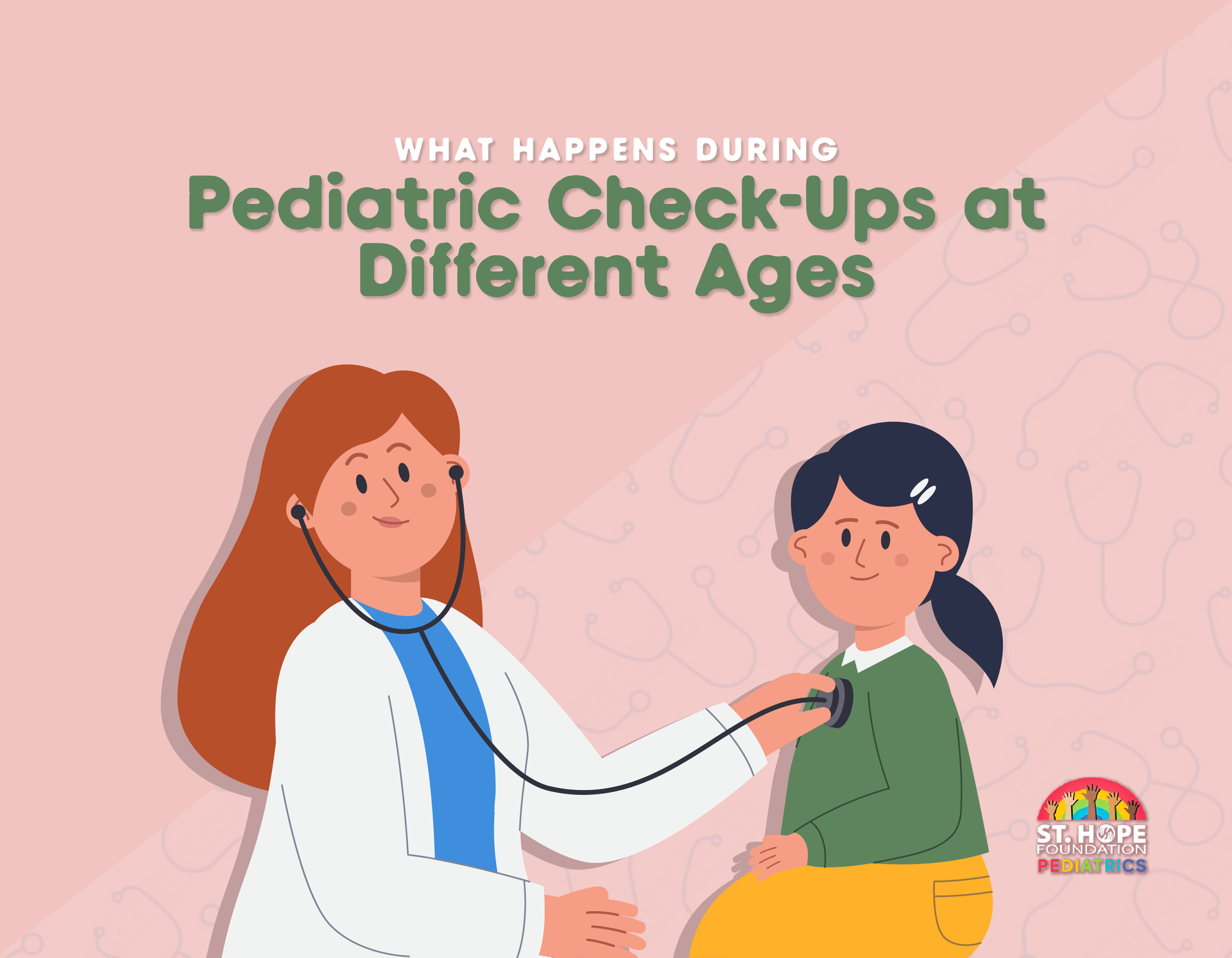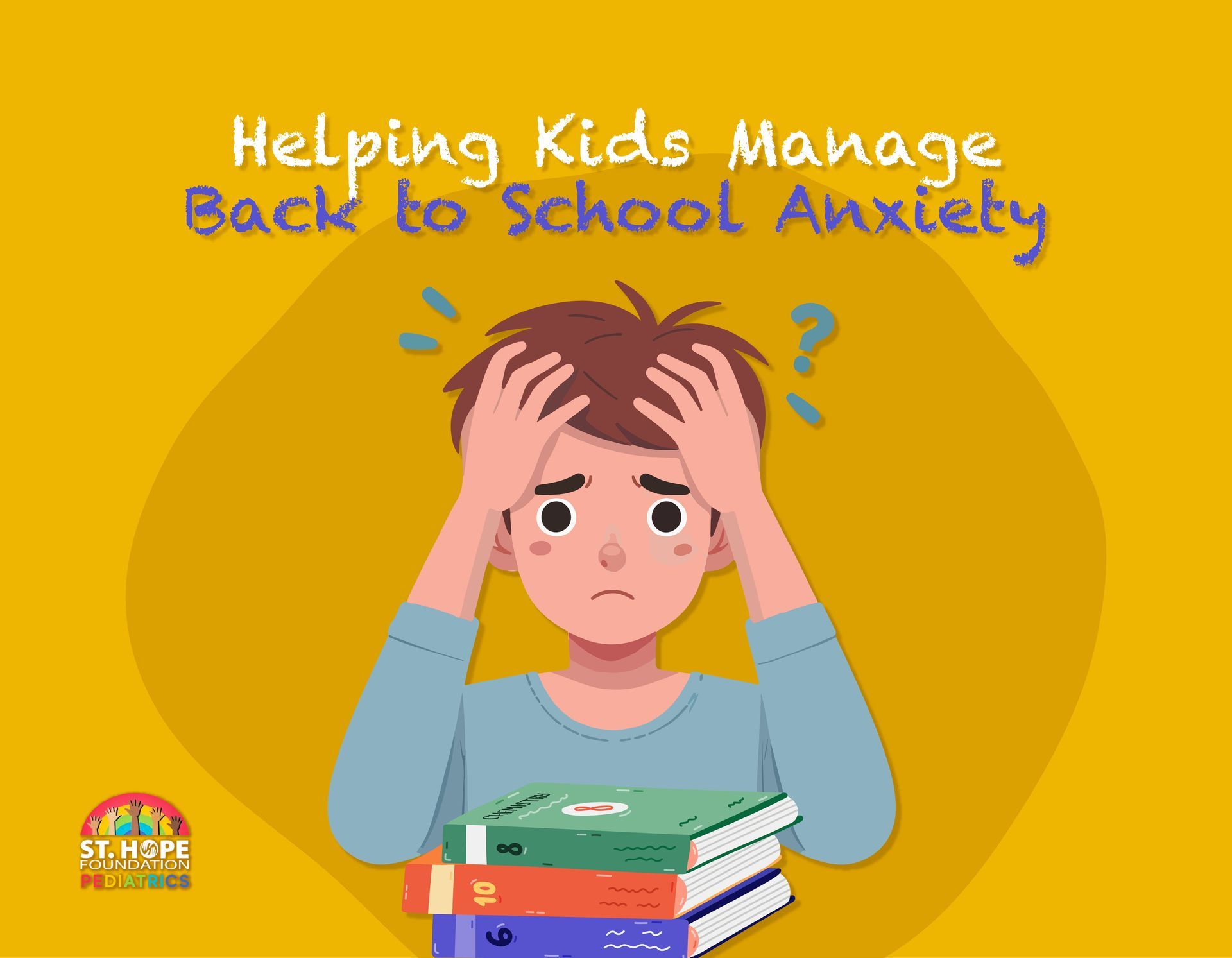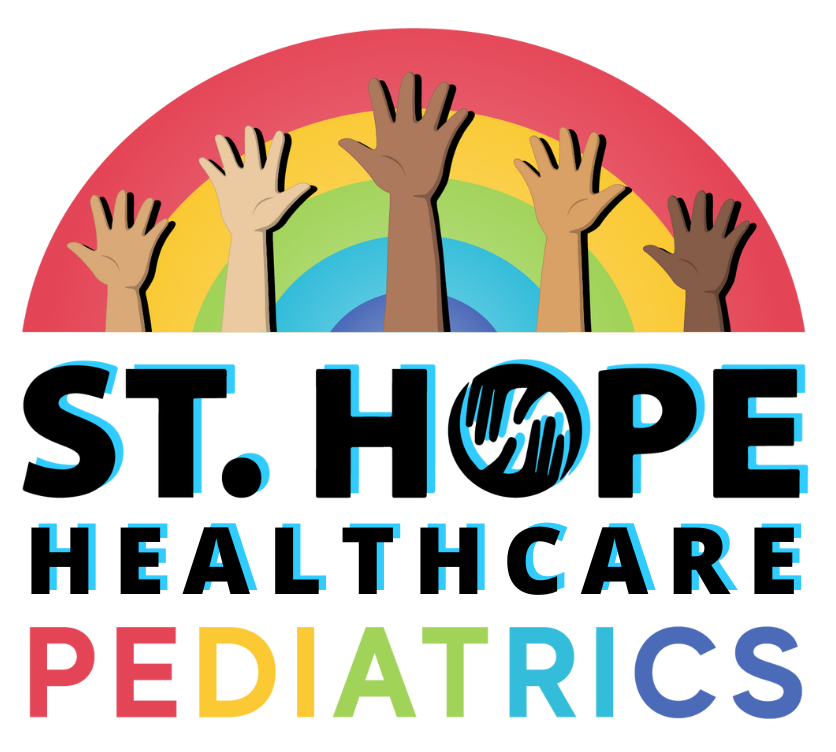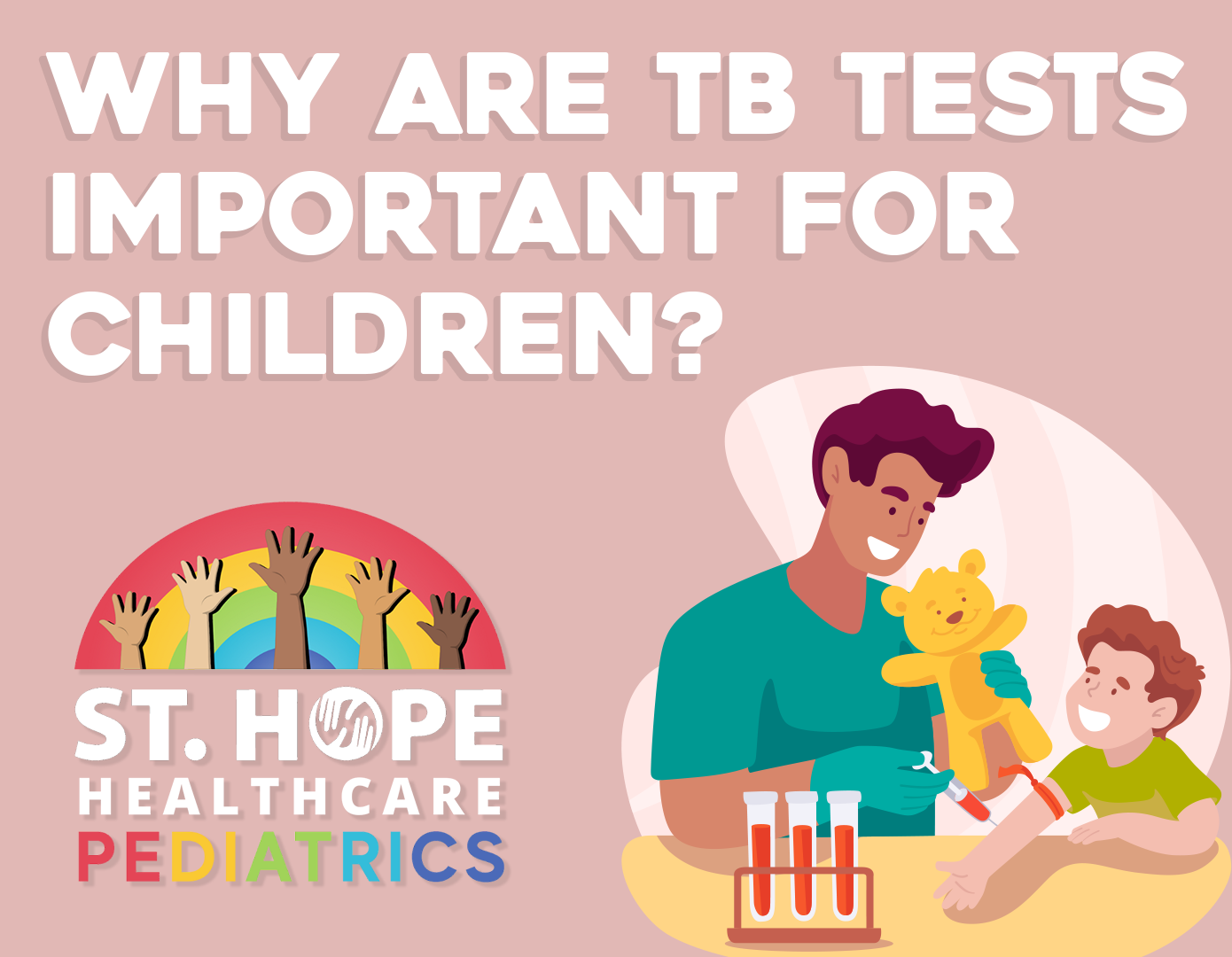
Tuberculosis (TB) is a respiratory illness that can have serious consequences for children. Their innate vulnerability, combined with its transmissibility, make it an extraordinarily dangerous illness for children. Early detection is one of the most powerful tools for preventing the spread of TB and treating it effectively when it occurs. If your child exhibits symptoms that could be TB, it is vitally important that you contact your pediatrist immediately and bring them in for testing.
Isn’t Tuberculosis an Old Disease That’s Almost Eradicated in the United States?
Tuberculosis isn’t like the cold or flu, both of which are still extremely common in modern times, but it is more common than you might suspect. The CDC tracked a reported 8,300 TB cases in the United States in 2022, which was an increase from the 7,874 reported cases in 2021. That’s a rate of 2.5 cases per 100,000 people. What’s maybe more alarming is the estimated 13 million people in the U.S. who are living with a latent TB infection.
These numbers are markedly different from just a century ago when TB was the leading cause of death in the nation. Improved living conditions, antibiotics and a concerted public health effort to diagnose and treat TB early helped drastically decrease the prevalence of the disease.
Tuberculosis is still a top 10 cause of death worldwide, with an estimated 10.6 million cases and 1.6 million deaths reported by the World Health Organization (WHO) in 2021.
Is TB considered common in Houston? No – but infections do happen, and it is dangerous when active TB cases do occur.
Could Your Child Have TB?
One of the challenges with diagnosing TB are the commonalities it shares with other illnesses. Persistent coughs, fevers and night sweats are all symptoms that can manifest due to more common illnesses children regularly pick up from schools and playgrounds.
If your child exhibits a combination of the following symptoms, you should take them to the doctor for testing. They might not have tuberculosis, but identifying the illness they do have and eliminating TB as a potential culprit is important.
- Persistent Cough: A cough that lasts for three weeks or longer can be a sign of TB. It might be accompanied by chest pain or the production of phlegm.
- Fever and Night Sweats: Persistent, unexplained fever, especially when accompanied by night sweats, could indicate TB. These symptoms often persist even after other common illnesses have been ruled out.
- Weight Loss or Poor Weight Gain: If a child is not gaining weight as expected for their age or is losing weight without any other explanation, this could be a sign of TB. The child may also show a general failure to thrive or develop at the expected pace.
- Fatigue and Weakness: A child with TB might appear unusually tired, weak or lethargic. They may also show reduced interest in play or normal activities.
- Loss of Appetite: Reduced appetite or changes in eating habits over an extended period can be a symptom of TB.
- Swollen Glands: TB can cause lymph nodes in the neck or other parts of the body to swell. These swollen nodes may be noticeable as lumps under the skin.
TB spreads from person to person through the air when an infected individual with active tuberculosis coughs, sneezes or speaks (not dissimilar from the way other respiratory illnesses like COVID-19 spread). Unfortunately, children often become severely sick from TB more quickly than adults do, making early detection particularly important.
A TB test can identify whether a child has been exposed to the bacteria that cause TB. A positive result doesn't necessarily mean the child is sick with the disease. Many people who are infected with TB bacteria have latent TB, meaning they are not actively sick and cannot spread the disease. However, they could develop active TB in the future, particularly if their immune system becomes weakened. This is why early detection through testing is crucial.
Why TB Testing Is so Important
- Early Detection: Children with TB don’t always exhibit all the symptoms in early stages.
- Preventing Spread: Early diagnosis of TB can help prevent this contagious disease from spreading to other children or family members, which is especially important since children spend so much time around other kids in school.
- Effective Treatment: Ascertaining whether a child has latent or active TB will help guide the treatment plan. The good news is TB is curable, and early treatment is more effective and less complex.
Types of TB Tests
There are two types of TB tests:
- The TST is a TB skin test that involves injecting a small amount of fluid (called tuberculin) into the skin in the lower part of the arm. After two or three days, a pediatrician will examine the site to determine if there’s a reaction.
- The TB blood test involves sending a blood sample to a laboratory for analysis.
The choice of test often depends on the child's age, health status and risk of being infected with TB. Consult with your pediatrician about your child’s risk factors to determine whether testing is appropriate and which test is best for your child.
Find Out if Your Child Should Be Tested for TB
Not every child needs to be tested for TB, but if your child is at particularly high risk for exposure (i.e., a classmate was diagnosed with TB), it is a good idea to contact your pediatrician to discuss testing options. If you have any concerns about TB or any other conditions, don’t hesitate to contact St. Hope Pediatrics at (713) 778-1300.

